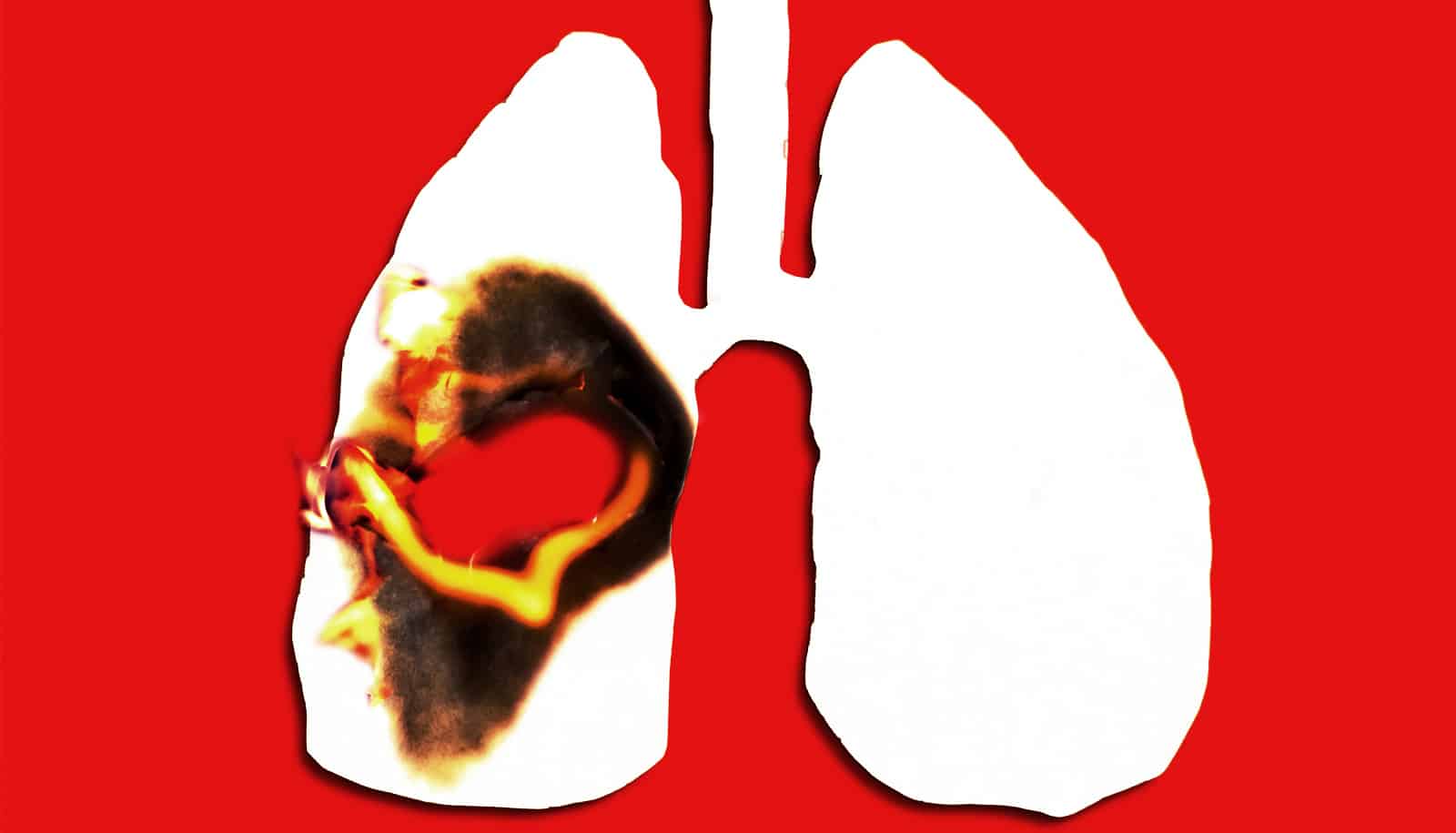Talking through bad news can be good for the doctor-patient relationship, research shows.
The researchers cite an example of a difficult question from an actual conversation in an oncologist’s office: “Have you had thoughts about stopping the chemotherapy and focusing more on comfort and quality of life?”
Patients who took part in honest discussions, including questions like that one from their doctors about prognosis and end-of-life care, rated their doctor-patient relationships more favorably than patients who had fewer discussions about prognosis.
The results are somewhat surprising because other studies have shown the opposite, that talking about life expectancy can disrupt the doctor-patient relationship, says coauthor Ronald Epstein, professor of family medicine, psychiatry, and oncology at the University of Rochester Medical Center’s Wilmot Cancer Institute.
The findings, published in the Journal of Clinical Oncology, also suggest that to keep the relationship healthy, physicians may need to understand the patient’s hopes and emotions, apply tact and skill in sharing information, and be sensitive to timing. High-quality communication delivers information accurately without undermining patients’ hopes for the future, the study says.
Are doctors recommending hospice too late?
The investigation took place in collaboration with a team of scientists from the University of California, Davis. This study is one in a series in a UR-UC Davis partnership that uses consented audio recordings of real interactions between patients and doctors in western New York and in northern California.
In this case, 265 patients who saw 38 oncologists agreed to participate in the research. All patients had advanced cancer, defined as either stage 4 disease or stage 3 cancers with a relatively short life expectancy.
The National Cancer Institute funded the research.
Source: University of Rochester



